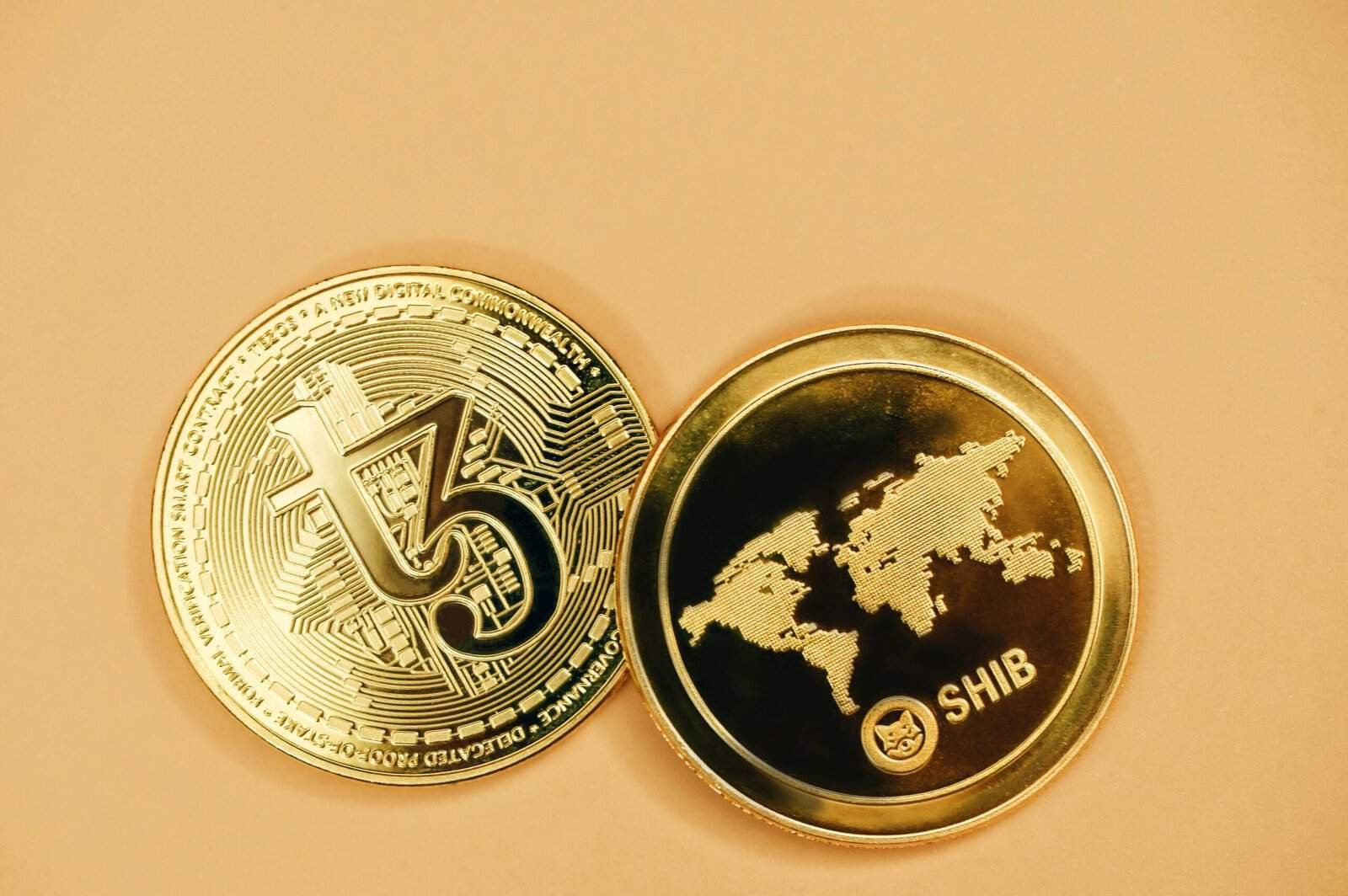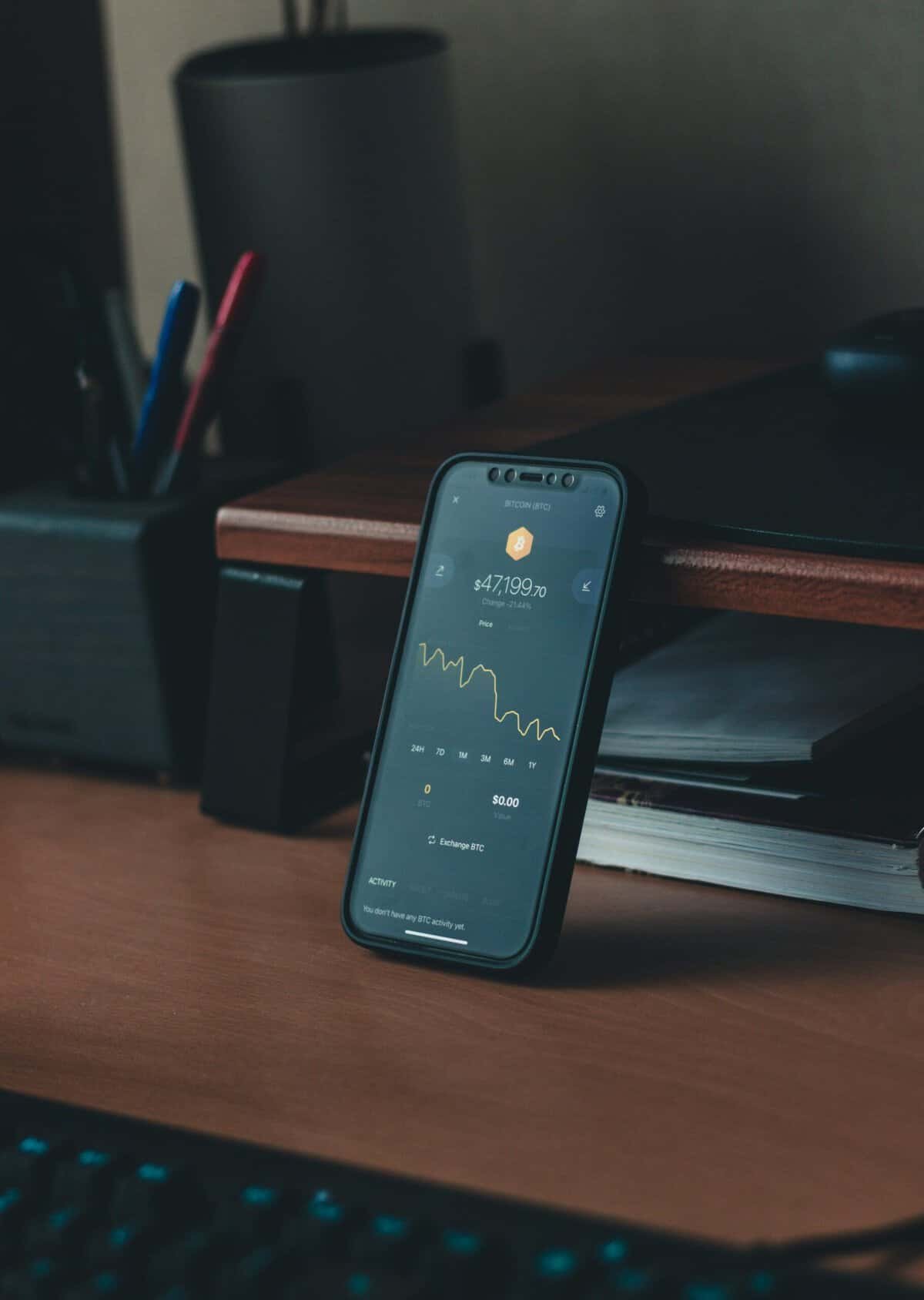Have you ever wondered how blockchains, which are inherently self-contained, interact with the vast, real-world data beyond their confines? This interaction is where oracles play a crucial role. Understanding oracles can illuminate how blockchain applications extend into real-world utility, enabling trustless, decentralized solutions that depend on real-time and reliable data. Let’s take a closer look into the fascinating relationship between oracles and blockchain technology.

Understanding Oracles
In simplest terms, an oracle in the context of blockchain is a service designed to provide external data to smart contracts. Since blockchains operate in isolated environments focused on enhancing security and decentralization, they don’t natively have access to external data or events. Oracles serve as a bridge, channeling data from the world into the blockchain network.
This data could range from weather forecasts, stock prices, sports scores, to the outcome of an election. By supplying the necessary data, oracles expand the potential use cases for blockchain technology significantly.
Types of Oracles
Oracles come in various forms, each serving specific needs:
Software Oracles: These oracles get real-time data from online sources. For instance, they might pull in cryptocurrency exchange rates or flight updates.
Hardware Oracles: These are used when the data source is a physical environment, such as a sensor measuring temperature or a barcode scanner verifying an item’s identity in supply chains.
Inbound Oracles: These provide data from external sources to smart contracts. An example is a smart lock that unlocks when a payment is confirmed via an inbound oracle.
Outbound Oracles: Contrary to inbound oracles, outbound direct the blockchain activities to the external realm. For example, once a smart contract condition is met, it might trigger a payment or notification outside the blockchain.
Consensus-based Oracles: These involve collecting data from multiple sources and require agreement from a group of oracles to confirm data authenticity and reliability.
Understanding these types is essential to grasp how seamlessly blockchain can integrate with the broader technological world.
The Functionality of Oracles in Blockchain
So, how exactly do oracles work in blockchain networks?
Initiating Transactions
Oracles are vital in setting conditions that must be met before executing blockchain transactions. They trigger smart contracts to execute once predefined conditions are satisfied. Let’s consider an insurance smart contract that releases a payout when a specific weather anomaly occurs—a weather oracle provides the necessary data.
Enabling Smart Contracts
Without oracles, smart contracts would be limited to blockchain-stored data. Oracles provide real-world data, transforming smart contracts into dynamic, executable programs that accommodate broad and complex use cases.
Enhancing DeFi
In decentralized finance (DeFi), oracles are a necessity. They provide trustworthy price feeds that underpin various financial products, ranging from loans and insurance to derivatives. The reliability of these financial products rests on the precision of data fed by oracles.
Ensuring Robustness and Security
Depending on their design, oracles also fortify the security of blockchain applications. By employing multiple data sources and decentralization strategies, they mitigate risks of single points of failure, enhancing the robustness of the whole blockchain ecosystem.
The Role of Decentralization in Oracles
Decentralization is paramount in the blockchain space. But how does it apply to oracles?
Centralized vs. Decentralized Oracles
Centralized Oracles: These are controlled by a single entity, leading to vulnerabilities such as manipulation and single points of failure. They’ll typically be faster and easier to manage, but the trade-off is increased risk.
Decentralized Oracles: Here, the oracles themselves rely on distributed sources. By aggregating data from multiple independent providers, decentralized oracles improve trustworthiness and reduce systemic risk.
The Importance of Decentralization
Decentralization helps oracles maintain the trust-less nature of blockchain technology. It curtails the over-reliance on a single data provider and minimizes the chance of erroneous data being fed into the blockchains. Consequently, it guarantees that the execution of smart contracts remains fair and unbiased.
The Use Cases for Blockchain Oracles
Blockchain oracles open up a plethora of real-world applications, streamlining operations across various industries:
Supply Chain Management
Suppliers often face challenges such as authenticity verification and shipment tracking. Using oracles connected to IoT devices and sensors, logistics processes can be streamlined by providing real-time data on shipments, ensuring greater transparency and efficiency.
Insurance
Smart contracts can expedite claims processing and reduce fraud in the insurance industry. Oracles verify the occurrence of insured events and trigger automated procedures, ensuring faster and more reliable service provisions.
Gaming
In blockchain-based gaming, oracles furnish decentralized games with real-world data, allowing them to interface with live events such as sporting tournaments, giving a direct influence on the gaming experience.
Prediction Markets
Oracles serve as conduits for event data in prediction markets. They ensure that outcomes are accurately reflected, credibility is maintained, and correct payments are executed based on bet results.

Challenges and Vulnerabilities of Oracles
While oracles broaden the applications of blockchain, they aren’t without challenges.
Security Risks
One primary concern is the safety of data. As oracles become points of ingress from potentially insecure external networks, they must be equipped with robust measures to defend against malicious attacks.
Data Integrity and Reliability
Data accuracy is critical. Inaccurate data could lead to wrongful execution of smart contracts, causing significant financial or operational ramifications. Thus, selecting trustworthy data sources and utilizing consensus-based oracles are often necessary methods of ensuring integrity.
Operational Complexity
Deploying oracles involves intricate setups that demand operational expertise. From establishing connections with existing databases to ensuring regular updates, sustaining effective oracle maintenance is nontrivial.
Overcoming Oracle Limitations
Efforts to solve these challenges are ongoing, with various solutions being explored:
Redundancy and Multiple Source Verification: For example, pulling data from multiple oracles and cross-referencing helps verify data before smart contracts act on it.
Decentralization: Encouraging decentralization in oracles, akin to blockchain technology, counters centralization risks and optimizes security.
Technological Innovations: Blockchain platforms like Chainlink exemplify innovations designed to enhance oracle reliability and functionality.
Future of Oracles in Blockchain
The roadmap for oracles within the blockchain space is promising. As more industries look to integrate blockchain, the demand for reliable and sophisticated oracle services will rise correspondingly.
Increasing Use Cases
The evolution in data collection, like the proliferation of IoT devices, will enhance oracle capabilities. With broader data sources, new blockchain applications will continue emerging across unexpected fronts.
Enhanced Security Measures
Future improvements will likely result in enhanced security frameworks. Innovations focused on ensuring data integrity from the point of collection to blockchain delivery will drive the next wave in reducing oracle-associated vulnerabilities.
Supporting New Technologies
Emergence of technologies, such as AI and quantum computing, has the potential to integrate with oracles, delivering advanced, real-time data that will feed smarter smart contracts.
Conclusion
Oracles are the unsung heroes enabling blockchains to fulfill their promise beyond low-level financial transactions and into applications that demand real-world interaction. Understanding their different types, use cases, and importance unveils a critical layer underpinning blockchain’s evolution in various sectors. As you continue exploring this technological frontier, consider how oracles could redefine various industries, crafting more efficient, transparent, and decentralized solutions.



